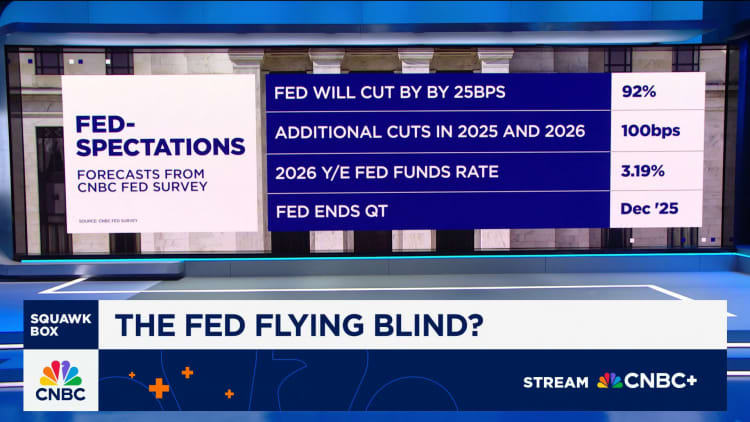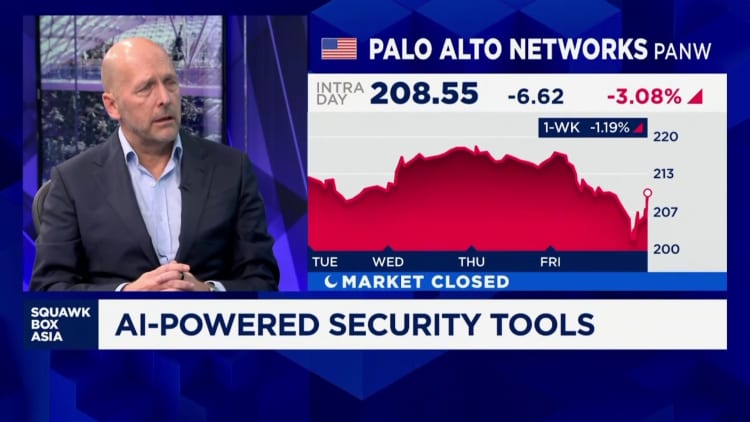Gas prices will be the ‘cheapest’ they’ve been in years, expert says

As Americans gear up for summer travel, prices at the pump may be cooling off.
This summer could bring the lowest gas prices in years, and the national average price of gas could fall below $3 a gallon as early as September, says Patrick De Haan, head of petroleum analysis at GasBuddy.
“It’s going to be the cheapest summer since 2021, when the economy was heavily influenced by Covid,” De Haan says.
As of Tuesday, the national average for a gallon of gas in the U.S. was $3.21, up roughly 10 cents from two weeks ago, according to the U.S. Energy Information Administration.
The spike was largely driven by a jump in oil prices due to the Israel-Iran conflict in the Middle East, but now that both countries have agreed to a ceasefire, De Haan says he expects prices to steeply fall and then resume their “slow decline” over the course of the summer.
Typically, gas prices tend to drop throughout the summer due to various factors that increase the supply of gas, De Haan says. That includes jolts to gas prices from the switch to a more expensive summer blend of gasoline leveling off, refineries increasing production and consumer demand softening after early summer travel peaks.
“Obviously the Middle East situation is an exception, but now that this is, seemingly for now, in de-escalation, gas prices should resume their slow decline over the course of the summer,” De Haan says.
Gas is the cheapest it’s ever been
Adjusted for inflation, gas prices are near the lowest levels we’ve seen in the last 20 years, De Haan says. The typical American uses about 3% of their income to fill up their tank every year, De Haan says, whether it’s with gasoline or diesel.
Due to rising incomes, “Americans are actually spending far less of their income on energy than they have in quite some time,” De Haan says.
Year over year, the price of gas is down 12%, according to the U.S. Bureau of Labor Statistics’ most recent Consumer Price Index report released earlier in June. This is largely due to fears that the U.S. economy is slowing down and an increase in supply of oil from a group of oil-producing nations known OPEC+, CNBC reported in May.
Shocks will be temporary
Ultimately, De Haan says it’s important to remember that most shocks will be temporary. The price of gas is mostly determined by the market for oil, which is constantly reacting to global events — so just as quickly as prices rise, they will often fall once the disruption passes.
“Every event that’s ever affected us from a pipeline outage … to major hurricanes that impact gas prices, all these events are temporary,” De Haan says. “The world is changing every day. It’s not always for the worst.”
Are you ready to buy a house? Take Smarter by CNBC Make It’s new online course How to Buy Your First Home. Expert instructors will help you weigh the cost of renting vs. buying, financially prepare, and confidently navigate every step of the process—from mortgage basics to closing the deal. Sign up today and use coupon code EARLYBIRD for an introductory discount of 30% off $97 (+taxes and fees) through July 15, 2025.
Plus, sign up for CNBC Make It’s newsletter to get tips and tricks for success at work, with money and in life, and request to join our exclusive community on LinkedIn to connect with experts and peers.

<





